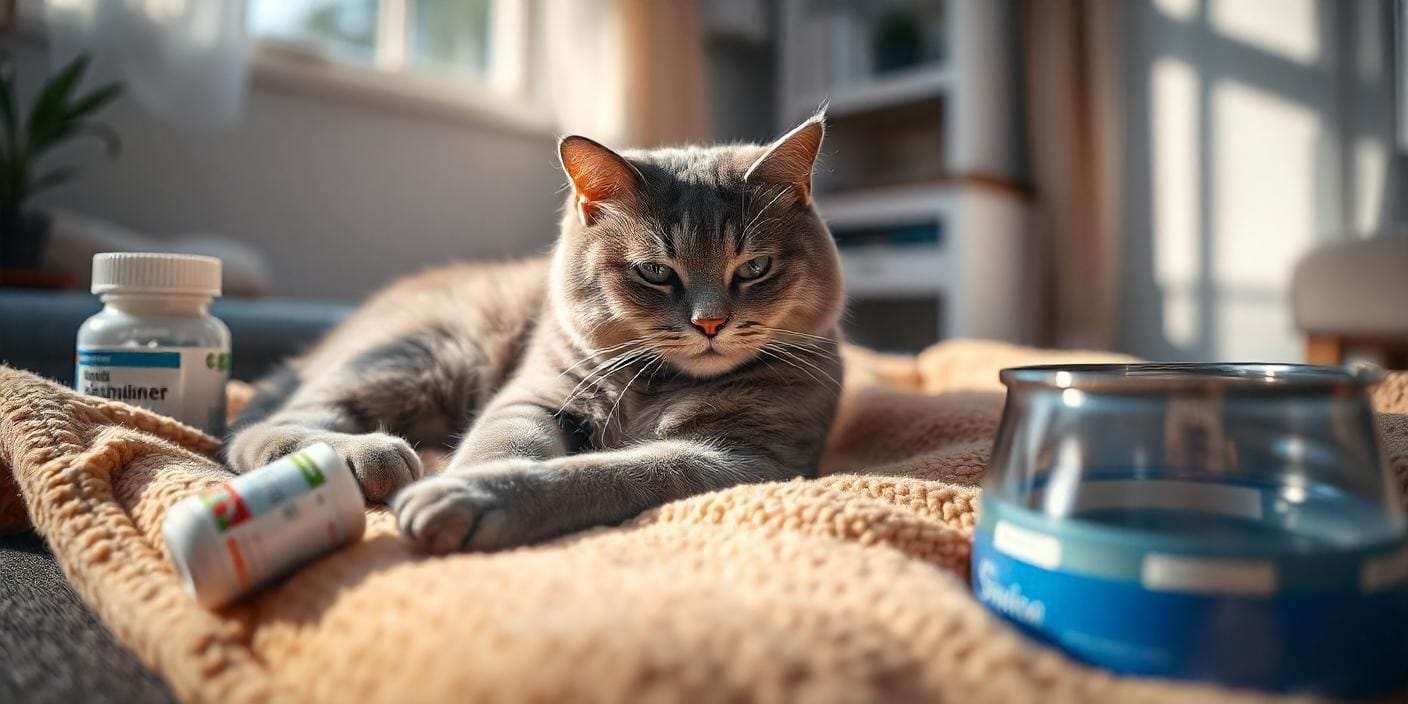
Table of Contents
As cats age, they become more susceptible to a variety of health issues. Senior cats, typically those aged 7 years and older, require special attention and care to ensure they live comfortable and healthy lives. In this article, we’ll explore the most common health issues in senior cats, their symptoms, prevention strategies, and tips for providing the best care for your aging feline friend.
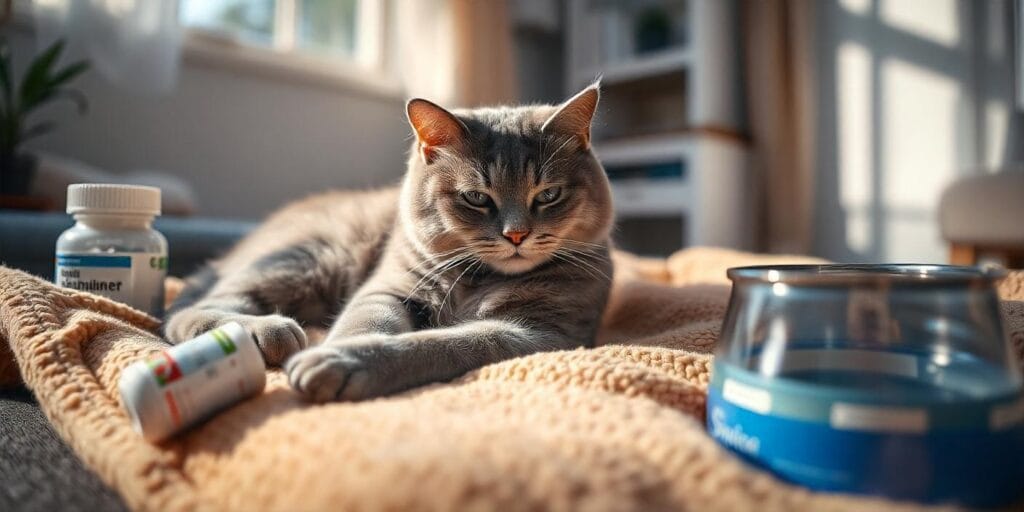
Understanding Senior Cats
Cats are considered “senior” once they reach around 7 to 10 years of age, though this can vary depending on the breed and individual health. As cats age, their bodies undergo natural changes, such as a slower metabolism, reduced mobility, and a weakened immune system. These changes make them more prone to certain health conditions. Recognizing the signs of aging and addressing health issues early can significantly improve their quality of life.
Common Health Issues in Senior Cats
1. Arthritis and Joint Problems
Arthritis is a common issue in older cats, causing inflammation and pain in the joints. This can make it difficult for them to move around, jump, or climb.
- Symptoms:
- Limping or stiffness, especially after resting.
- Reluctance to jump or climb.
- Reduced activity levels.
- Swelling or tenderness around the joints.
- Prevention and Management:
- Maintain a healthy weight to reduce stress on joints.
- Provide soft, comfortable bedding and easy access to litter boxes and food.
- Consider joint supplements like glucosamine or chondroitin.
- Consult your vet for pain management options, such as anti-inflammatory medications.
2. Dental Disease
Dental issues, such as gingivitis and periodontal disease, are prevalent in senior cats. Poor dental health can lead to pain, difficulty eating, and even systemic infections.
- Symptoms:
- Bad breath (halitosis).
- Drooling or difficulty chewing.
- Red, swollen, or bleeding gums.
- Loss of appetite or weight loss.
- Prevention and Management:
- Brush your cat’s teeth regularly with a pet-safe toothpaste.
- Provide dental treats or toys designed to reduce plaque.
- Schedule regular dental check-ups and cleanings with your vet.
3. Kidney Disease
Chronic kidney disease (CKD) is one of the most common health issues in senior cats. The kidneys gradually lose function, leading to a buildup of toxins in the body.
- Symptoms:
- Increased thirst and urination.
- Weight loss and reduced appetite.
- Lethargy and weakness.
- Vomiting or diarrhea.
- Prevention and Management:
- Ensure your cat stays hydrated by providing fresh water daily.
- Feed a kidney-friendly diet, as recommended by your vet.
- Regular blood and urine tests to monitor kidney function.
4. Hyperthyroidism
Hyperthyroidism occurs when the thyroid gland produces excessive hormones, leading to an overactive metabolism.
- Symptoms:
- Weight loss despite increased appetite.
- Hyperactivity or restlessness.
- Increased thirst and urination.
- Vomiting or diarrhea.
- Prevention and Management:
- Medication to regulate thyroid hormone levels.
- Specialized diets or radioactive iodine therapy.
- Regular vet check-ups to monitor thyroid function.

5. Diabetes
Diabetes is a condition where the body cannot properly regulate blood sugar levels. Senior cats are at higher risk due to obesity and a sedentary lifestyle.
- Symptoms:
- Increased thirst and urination.
- Weight loss despite a good appetite.
- Lethargy and weakness.
- Sweet-smelling breath.
- Prevention and Management:
- Maintain a healthy weight through diet and exercise.
- Feed a high-protein, low-carbohydrate diet.
- Administer insulin injections as prescribed by your vet.
6. Heart Disease
Heart disease, such as hypertrophic cardiomyopathy, is a serious condition that can affect senior cats. It often goes unnoticed until it becomes severe.
- Symptoms:
- Lethargy and reduced activity.
- Difficulty breathing or rapid breathing.
- Coughing or gagging.
- Sudden collapse or fainting.
- Prevention and Management:
- Regular vet check-ups to detect early signs of heart disease.
- Medications to manage symptoms and improve heart function.
- A low-sodium diet to reduce strain on the heart.
Preventive Care for Senior Cats
Preventive care is crucial for maintaining the health and well-being of senior cats. Here are some key steps:
- Regular Veterinary Check-ups:
- Schedule bi-annual vet visits to monitor your cat’s health.
- Blood tests, urine tests, and X-rays can help detect issues early.
- Vaccinations and Parasite Control:
- Keep vaccinations up to date to protect against diseases.
- Use flea, tick, and worm preventatives as recommended.
- Balanced Diet and Nutrition:
- Feed a high-quality, age-appropriate diet.
- Consider supplements like omega-3 fatty acids for joint and coat health.
- Exercise and Mental Stimulation:
- Encourage gentle play to keep your cat active.
- Provide toys and puzzles to stimulate their mind
Recognizing Early Signs of Common Health Issues in Senior Cats
Senior cats are experts at hiding pain and discomfort, so it’s important to be vigilant. Watch for these signs:
- Behavioral Changes:
- Increased aggression, hiding, or vocalization.
- Changes in litter box habits.
- Physical Changes:
- Weight loss or gain.
- Changes in grooming habits (e.g., over-grooming or neglecting grooming).
- When to Seek Veterinary Advice:
- If you notice any unusual symptoms, consult your vet immediately.
Caring for a Senior Cat with Health Issues
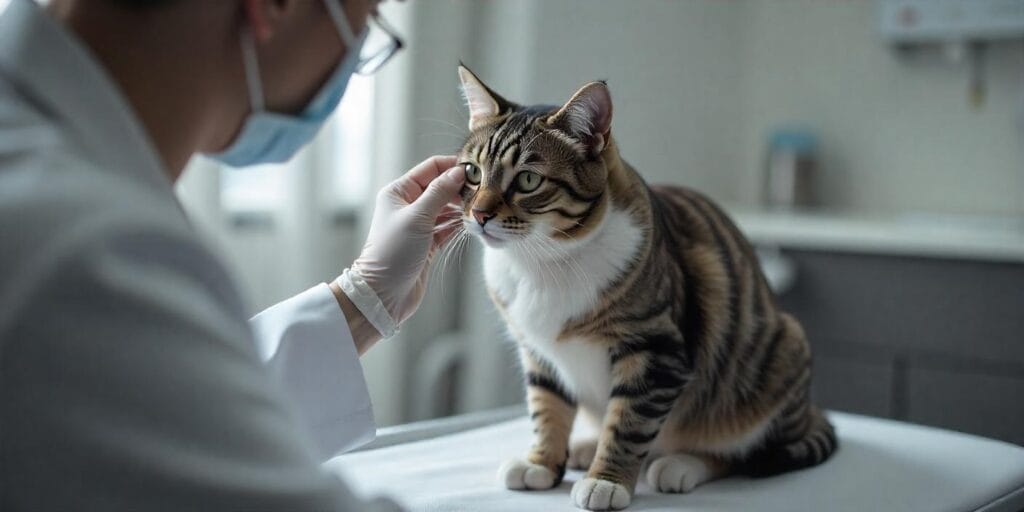
Caring for a senior cat with health issues requires patience and dedication. Here are some tips:
- Create a Comfortable Environment:
- Provide soft bedding and easy access to food, water, and litter boxes.
- Use ramps or steps to help your cat reach high places.
- Administer Medications and Treatments:
- Follow your vet’s instructions carefully.
- Use pill pockets or liquid medications if your cat resists taking pills.
- Provide Emotional Support:
- Spend quality time with your cat to reduce stress and anxiety.
- Offer gentle grooming and affection.
Conclusion
Senior cats bring immense joy and companionship, but they also require extra care as they age. By understanding the common health issues in senior cats, recognizing early symptoms, and providing preventive care, you can help your feline friend live a longer, healthier, and happier life. Regular vet visits, a balanced diet, and a loving environment are key to ensuring your senior cat’s well-being.
FAQ about Common Health Issues in Senior Cats
What age is considered senior for cats?
Cats are generally considered senior at around 7 to 10 years of age.
How often should I take my senior cat to the vet?
Senior cats should visit the vet at least twice a year for routine check-ups.
Can diet help prevent common health issues in senior cats?
Yes, a balanced diet tailored to their age and health needs can prevent or manage many conditions.
What are the signs that my senior cat is in pain?
Signs include limping, reduced activity, changes in appetite, and vocalization.
Are there any specific breeds more prone to health issues as they age?
Some breeds, like Siamese and Persians, may be more prone to certain conditions, but all senior cats require careful monitoring.
Sources
7 Common Health Problems in Senior Cats: vetstreet.com
10 Most Common Illnesses in Senior Cats: petmd.com
The Special Needs of the Senior Cat: vet.cornell.edu
Common Senior Cat Health Problems: purina.com
Health Issues for Elderly Cats: cats.org.uk




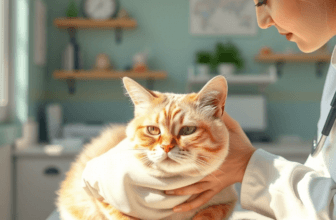
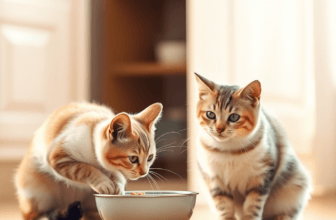
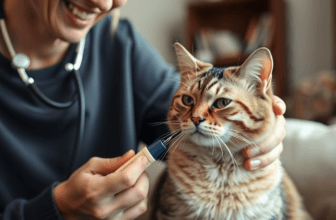

[…] Caring for a senior cat with arthritis requires patience and understanding. Here are some tips to make life easier for your feline friend: […]
[…] to adjust your home for an aging cat. You’ll learn how to create a senior-friendly space, address common health concerns, and enhance your cat’s quality of life. Whether your cat is showing signs of arthritis, […]
[…] paired with lethargy or vocalizations—could signal pain, vision problems, or cognitive decline. Senior cats with dementia may stare blankly at […]
[…] conditions that require special dietary management. Here’s how to address common senior cat health issues through […]
[…] Senior cats face special health issues that need watching: […]
[…] Cats are very sensitive to human medicines because of their unique metabolism. Even a small amount of common pain relievers can be very harmful. This can lead to severe poisoning and serious health issues. […]